Six things to know about Bosnia�s election
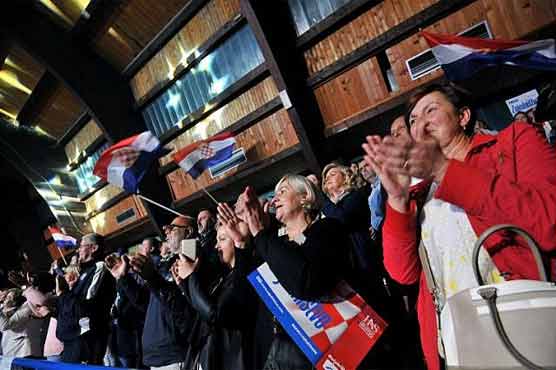
Croats, Bosnian Muslims and Serbs are going elect their representatives for hundreds of seats.
SARAJEVO (AFP) - Bosnians vote Sunday in an election as complex as the country itself, a nation fractured along ethnic lines and paralysed by competing power centres.
The 1995 Dayton Peace Accords put an end to the devastating war that claimed 100,000 lives and displaced millions.
But critics say the tenuous arrangement -- which divides the country into two semi-autonomous zones linked by a weak central government -- has entrenched divides and left Bosnia a dysfunctional state.
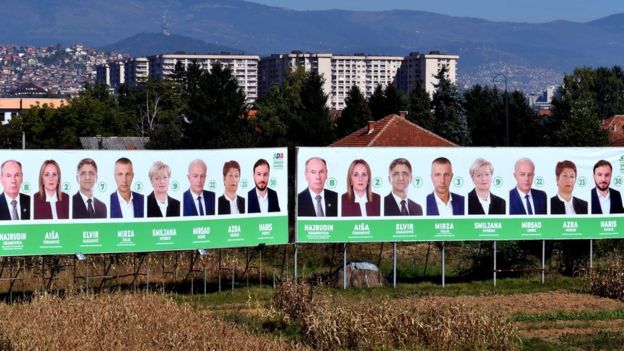
Nearly 7,500 candidates are running for 518 offices across the country. Photo: File
Who will be elected?
In total: four presidents, two vice-presidents, five parliamentary houses and ten canton assemblies.
For the central government, voters will elect two chambers of parliament plus the tripartite presidency, which is shared by a Croat, Bosnian Muslim and Serb who rotate chairs every eight months.
Then come governments in Bosnia’s two so-called "entities" that were created after the war, carving the country along ethnic lines.
In Republika Srpska (RS), the Serb-run entity which calls Banja Luka its capital, voters will choose MPs plus a president and two vice-presidents.
Over in the Muslim-Croat federation, there will be elections for a bicameral parliament that will name a president and two vice presidents.
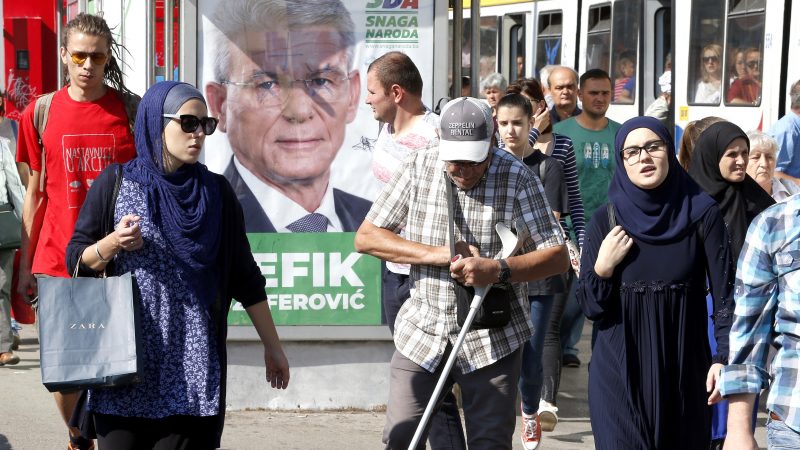
Election posters in Sarajevo, Bosnia, 19 September 2018. Reoprts state that on 7 October 2018, more than three million Bosnian citizens are expected to vote in the country s general elections and decide on a path for the future of Bosnia. Photo: AFP
Voters will also cast ballots for assemblies that run each of the Muslim-Croat federation’s ten cantons.
Who leads Bosnia?
That is the million dollar question. The national government is in charge of the military, justice system, fiscal policy, foreign trade and diplomacy.
But the entities, which are more centralised, have their own police, education, health and economic systems. The power struggle is aggravated by divergent visions for the country among its principal groups.
Bosnian Muslims, also known as Bosniaks, tend to favour stronger centralisation, while Serbs in RS do not want to cede any autonomy.
Croats are more split, with some hoping to create their own third entity. A sprawling bureaucracy adds to the disfunction.
In total, the country has nearly 180 ministers, or one for every 20,000 people. Under such a ratio, a country the size of Germany would have 4,000 ministers.
The public sector employs more than 212,000 people whose wages make up nearly a third of the country’s revenues, according to the central bank.
Who’s who?
The Dayton System sought to share power among three official constituent groups that clashed during the war: Bosnian Serbs, Croats and Muslims.
The latter, also known as Bosniaks, make up some 50.1 percent of the population, while Orthodox Serbs and Catholic Croats comprise 30.8 and 15.4 percent respectively.
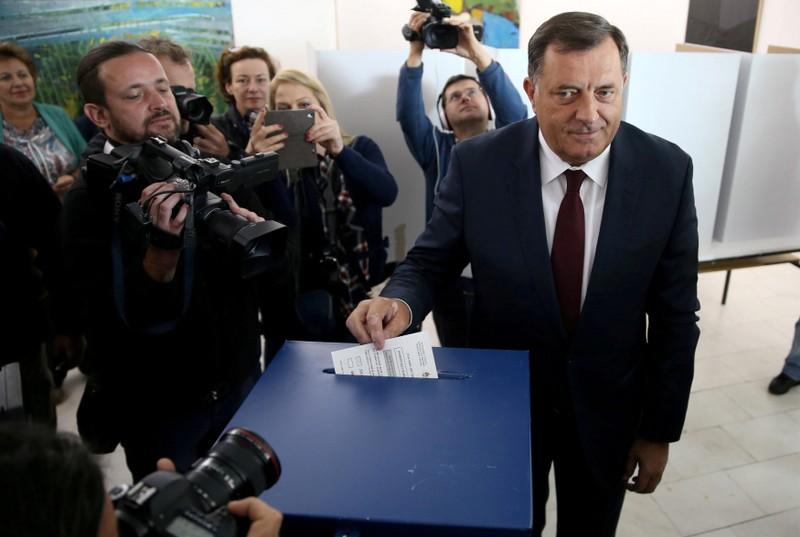
Bosnian Serb leader accuses U.S. of meddling in elections, embassy denies charge. Photo: Reuters
The remaining four percent hail from groups that have no place in the Dayton system: remnants of a once-vibrant Jewish community, Roma people and "ostali", which means "others" and refers to Bosnians who do not affiliate with any group.
They can vote but are unlikely to aspire to hold top political office.
Can the system improve?
The Dayton system halted the bloodshed but has left Bosnia in a "straightjacket", analysts say.
The European Union, which Bosnia aspires to join, has demanded that the country’s various governments find a way to coordinate and "speak with one voice".
But that remains a distant goal in a country where Republika Srpska’s president, Milorad Dodik, regularly refuses to go to the capital Sarajevo.
Dodik, who is running for the national presidency, has in the past called post-war Bosnia a "failed concept".
Why do Croats want their entity?
Concentrated in the southwest Herzegovina region, Croats make up a 22.5 percent minority of the Federation, which is majority Bosnian Muslims.
Some Croats feel this set-up has marginalised their voice and would like to carve out their own entity.
While Bosnian Muslims are staunchly against reorganising their territory, Serbs generally do not oppose the idea as long as it does not affect Republika Srpska.
What does the international envoy do?
Since 1995, the United Nations Security Council has named a High Representative, currently Austria’s Valentin Inzko, to oversee the implementation of the peace deal.
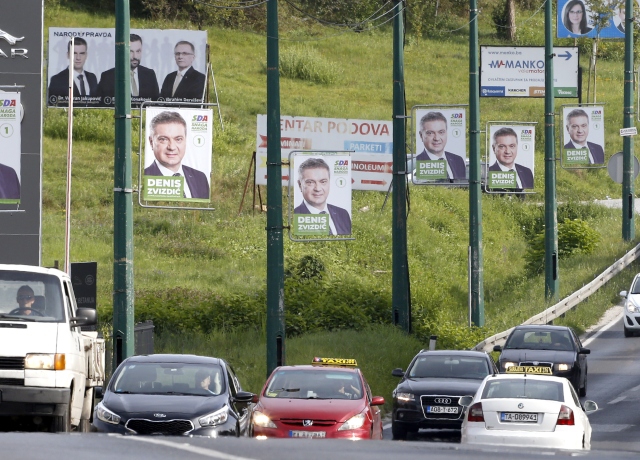
More than three million Bosnian citizens are expected to vote in the country’s general elections and decide on a path for the future of Bosnia Photo: EPA
The envoy is technically permitted to pass and revoke laws, but has not used that power in recent years.
The position was initially going to be phased out in 2007 but the mandate was extended because of political instability and the failure of local politicians to pass reforms.

